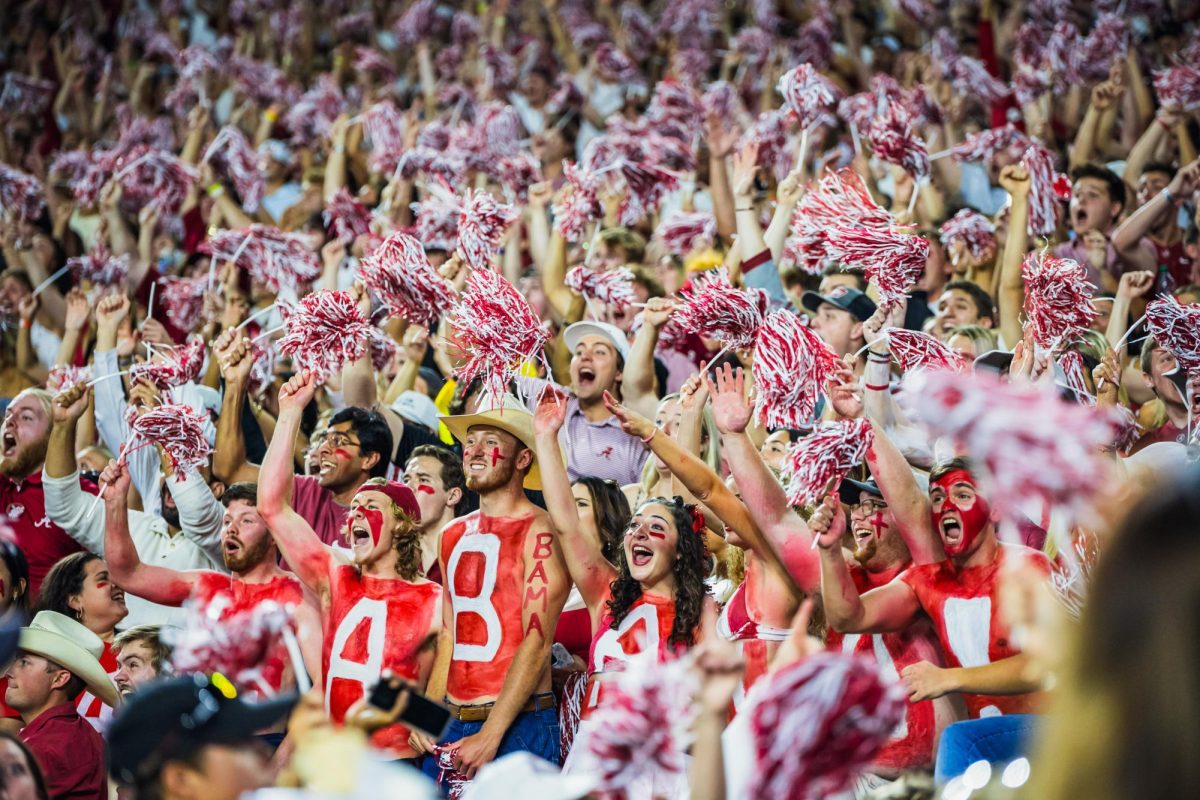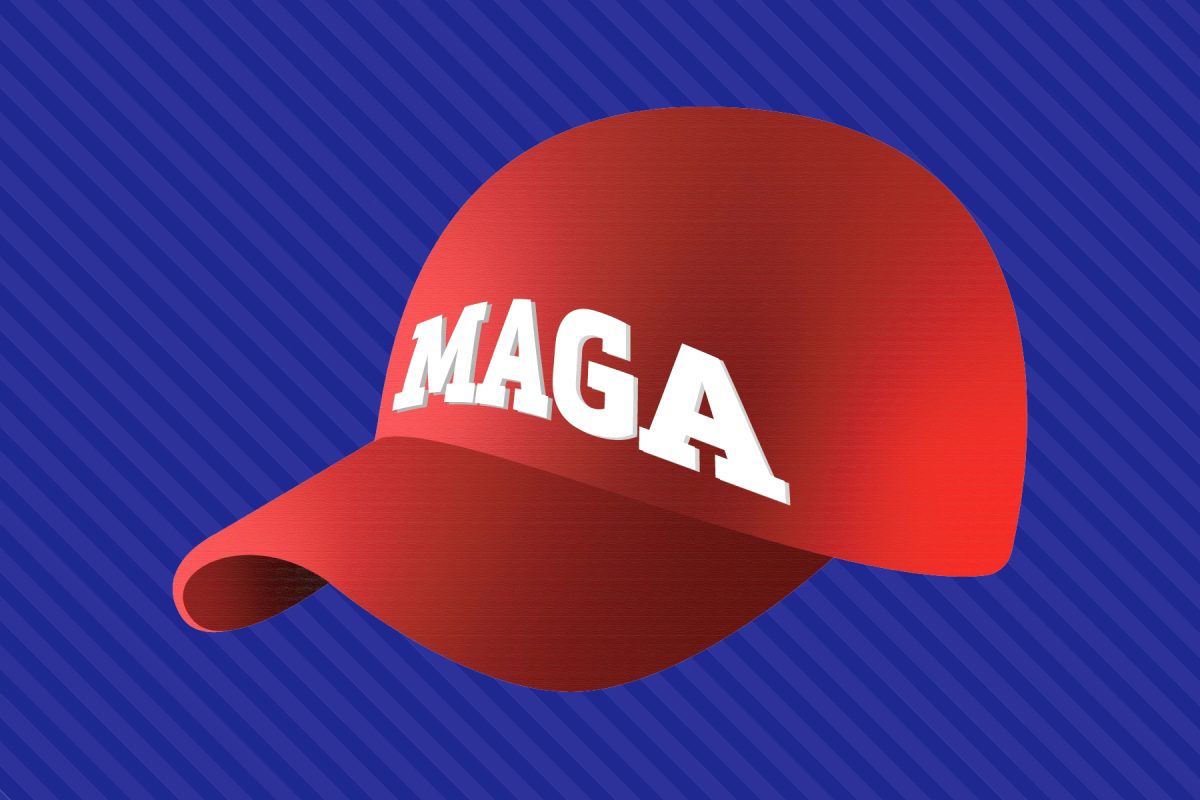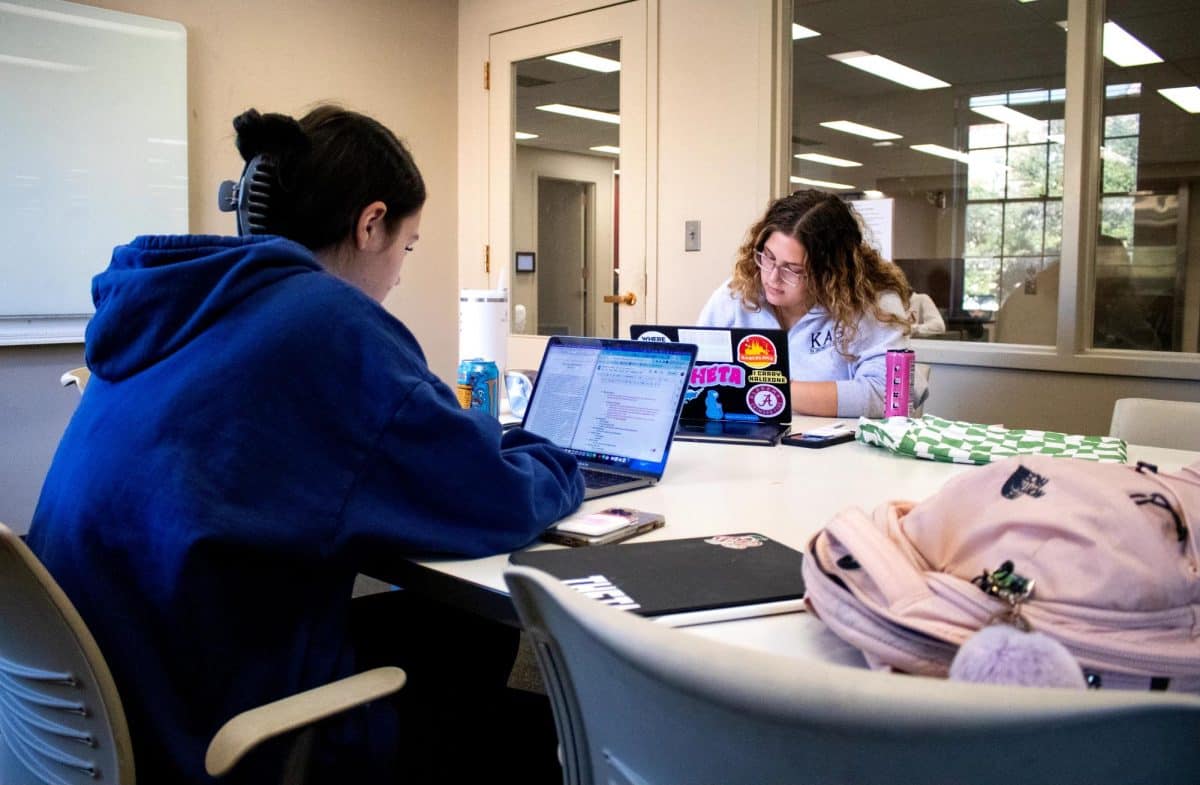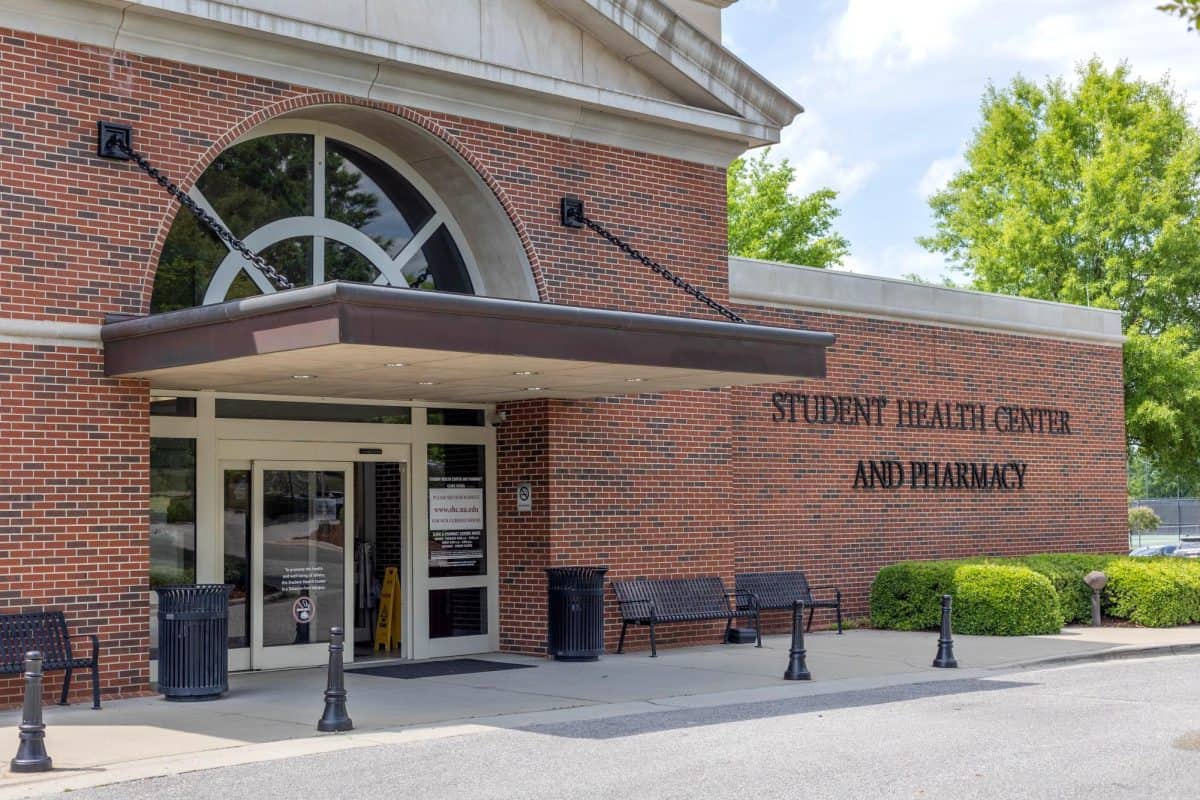Going into December, it already seems all but certain that President Joe Biden and former President Donald Trump will be their respective parties’ nominees. Both are wracked by age and investigation and are only arguably fit to hold the office of president.
Younger candidates — and non-candidates — had the opportunity to displace these party leaders and usher in a new generation of political leadership. But through inaction or unending blunders, the young candidates failed their campaigns and the American people.
Republican candidate Ron DeSantis entered the race with promising polling numbers and an incredible victory in last year’s Florida gubernatorial election, which he won by over 9 points.
Yet he overstretched his funding, leading to an embarrassing staffing purge, and then resorted in August to a full campaign reset. In debates, DeSantis has performed in mediocre fashion, managing not to lose the debates but also failing to set himself apart.
Because of these errors, he has dropped considerably in polls, has lost donors and has little chance of becoming the nominee.
On the opposite end of the political spectrum, Democratic Gov. Gavin Newsom, of California, offered an alternative to Biden as a younger and experienced potential candidate who won his 2022 campaign by a similar margin to DeSantis.
He has also made national reputation-boosting moves — similarly to a presidential candidate — through a high-profile visit to Beijing and a debate with DeSantis on Thursday.
Newsom, however, placed his loyalty in the president’s hands, promising not to run against him. Without any other Democratic candidates holding such a high profile, his lack of action left the party without any substantial alternative.
Nikki Haley may be the exception to this list, but it is not likely. She has risen through the polls recently, displacing Vivek Ramaswamy and challenging DeSantis’ hold on second place. Her campaign is far from over, as she has largely been seen as the debates’ most obvious victor.
Still, her polling numbers are trounced by those of the former president, leaving her distantly behind and trapped between other losing competitors. Her fate depends largely on her performance in the upcoming GOP debate in Tuscaloosa.
Some may contend that Robert F. Kennedy Jr., an independent candidate, may be exempt from this list by acting as a rival and alternative to both Biden and Trump. He already holds a place on the ballot and will likely receive a result-altering number of votes next November.
That contention is flawed, as Kennedy promises only to take votes from other candidates and has no real hope of swinging the election in his favor, as well as only being so much younger than the two. He has also turned away many potential voters and donors through his anti-vaccine rhetoric and other conspiracies.
Ramaswamy, while one may suspect he belongs on this list, does not, as he never had a chance at taking the primary. His campaign has been largely in favor of the former president, speaking as though running for the vice presidency rather than the presidency itself.
In debates, Ramaswamy has acted in almost an antagonistic role against other candidates, drawing insults from opposing candidates as he praised Trump’s presidency and attacked the other candidates on stage. This tactic, though initially benefiting his polling numbers, has recently led to a substantial drop, mostly due to his chaotic, over-the-top performance at the last debate.
These presidential hopefuls have fallen behind. If Donald Trump ends up in prison, one of them may be able to take his place, even though many Republican voters have promised to support the former president behind bars.
This week, the University will host GOP candidates in the Moody Music Building, where Ron DeSantis, Nikki Haley and Vivek Ramaswamy will fight for the primary nomination, but time is running out to differentiate themselves from Trump.
Biden, has no true alternative, other than the unlikely Dean Phillips, who is trailing by 69 points, and Marianne Williamson, who’s polling at similar rates as Haley, despite a lack of media coverage. Ultimately, this will likely lead to Biden representing his party nationally. Recent polls largely shift between Biden and Trump, with the latter currently holding a narrow lead.
This reality could potentially have been altered by better-managed campaigns by current younger candidates, or through the running of others. With only the nation’s current candidate slate, dominated by established leadership, a repeat of the 2020 election cycle seems inevitable.









